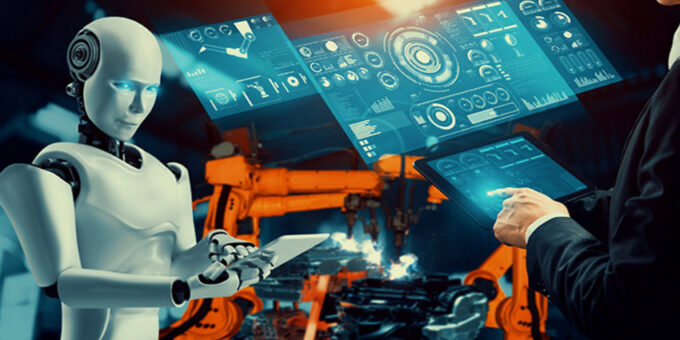
Artificial intelligence is evolving at a rapid pace. But can it ever surpass human intelligence? Let’s explore the possibilities.
Understanding Human Intelligence
Human intelligence is complex and adaptive. It involves reasoning, creativity, and emotions. People learn from experiences and develop unique ideas. Unlike machines, humans possess intuition and self-awareness. Moreover, humans can think abstractly and solve problems creatively. These qualities set us apart from AI.
How AI Learns and Thinks
AI processes vast amounts of data in seconds. Machine learning enables AI to improve over time. Algorithms allow AI to recognize patterns and predict outcomes. Unlike humans, AI lacks emotions and consciousness. However, AI can outperform humans in specific tasks. Moreover, AI relies on data rather than intuition.
AI vs. Human Creativity
Creativity is a key human strength. Artists, writers, and musicians create unique works. AI can generate art and music, but lacks originality. Machines mimic existing styles instead of creating new ones. Moreover, human emotions fuel creativity in ways AI cannot. True innovation still requires human imagination.
Can AI Develop Consciousness?
Consciousness separates humans from machines. AI follows instructions and processes data. However, it does not experience feelings or self-awareness. Some experts believe AI may achieve consciousness. Others argue that true awareness is impossible for machines. Moreover, ethical concerns arise with AI consciousness.
AI in Decision-Making
AI assists in decision-making across industries. Businesses use AI to analyze trends and customer behavior. Medical AI helps doctors diagnose diseases accurately. However, AI decisions depend on data quality. Moreover, human oversight remains essential to avoid errors. Machines cannot replace ethical judgment.
The Limitations of AI
AI has impressive capabilities, but it has limits. It cannot understand emotions or personal experiences. AI struggles with common sense and abstract thinking. Moreover, AI lacks moral reasoning and empathy. While AI excels at logic, human judgment remains superior.
The Future of AI Development
AI continues to advance rapidly. Researchers explore new ways to improve AI intelligence. Quantum computing could revolutionize AI capabilities. Moreover, AI-human collaboration is shaping the future. Machines may become smarter, but human intelligence remains unique.
Conclusion
AI is powerful, but it cannot replace human intelligence. Machines follow logic, while humans think creatively. Although AI continues to evolve, human qualities remain irreplaceable. The future belongs to collaboration, not competition.